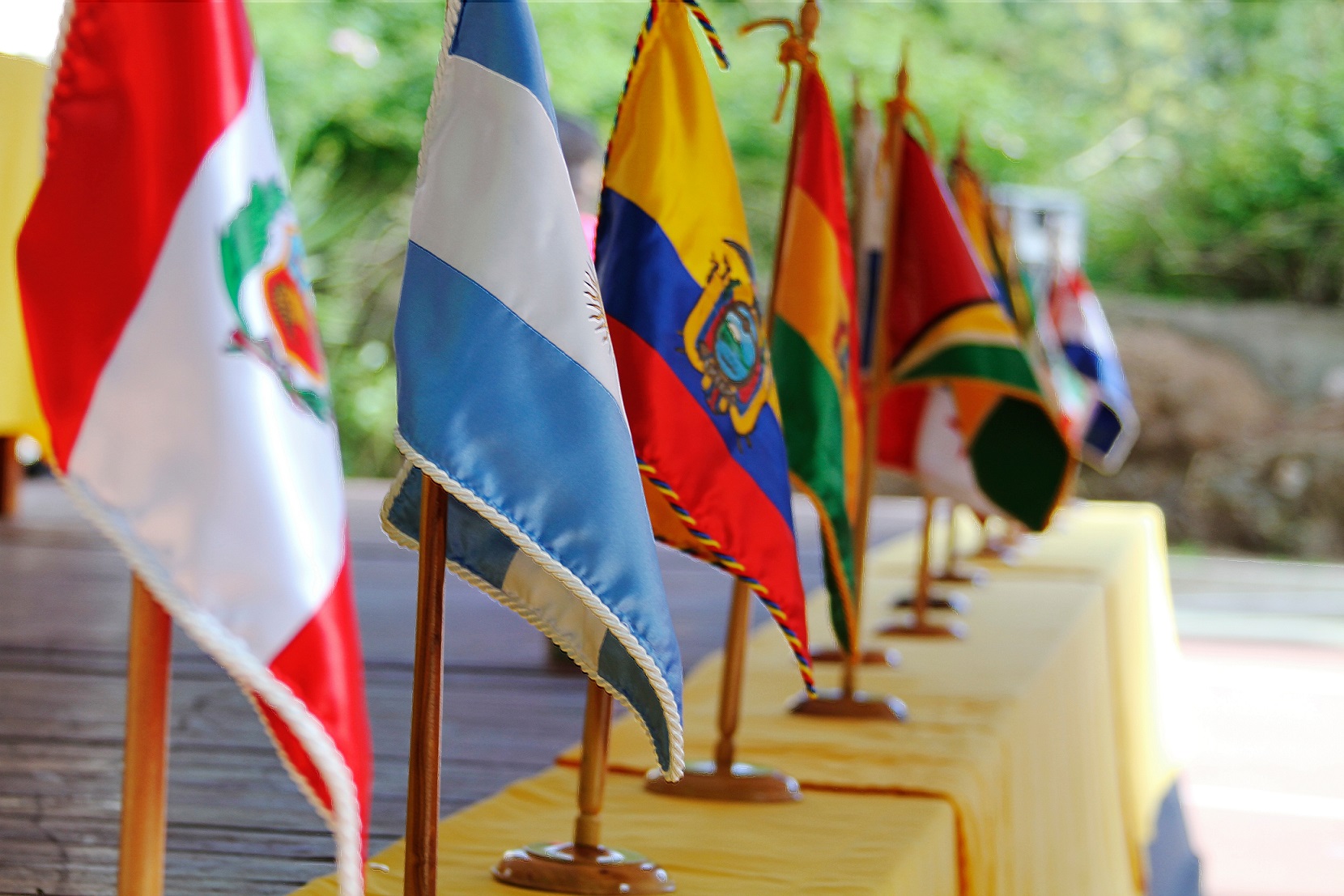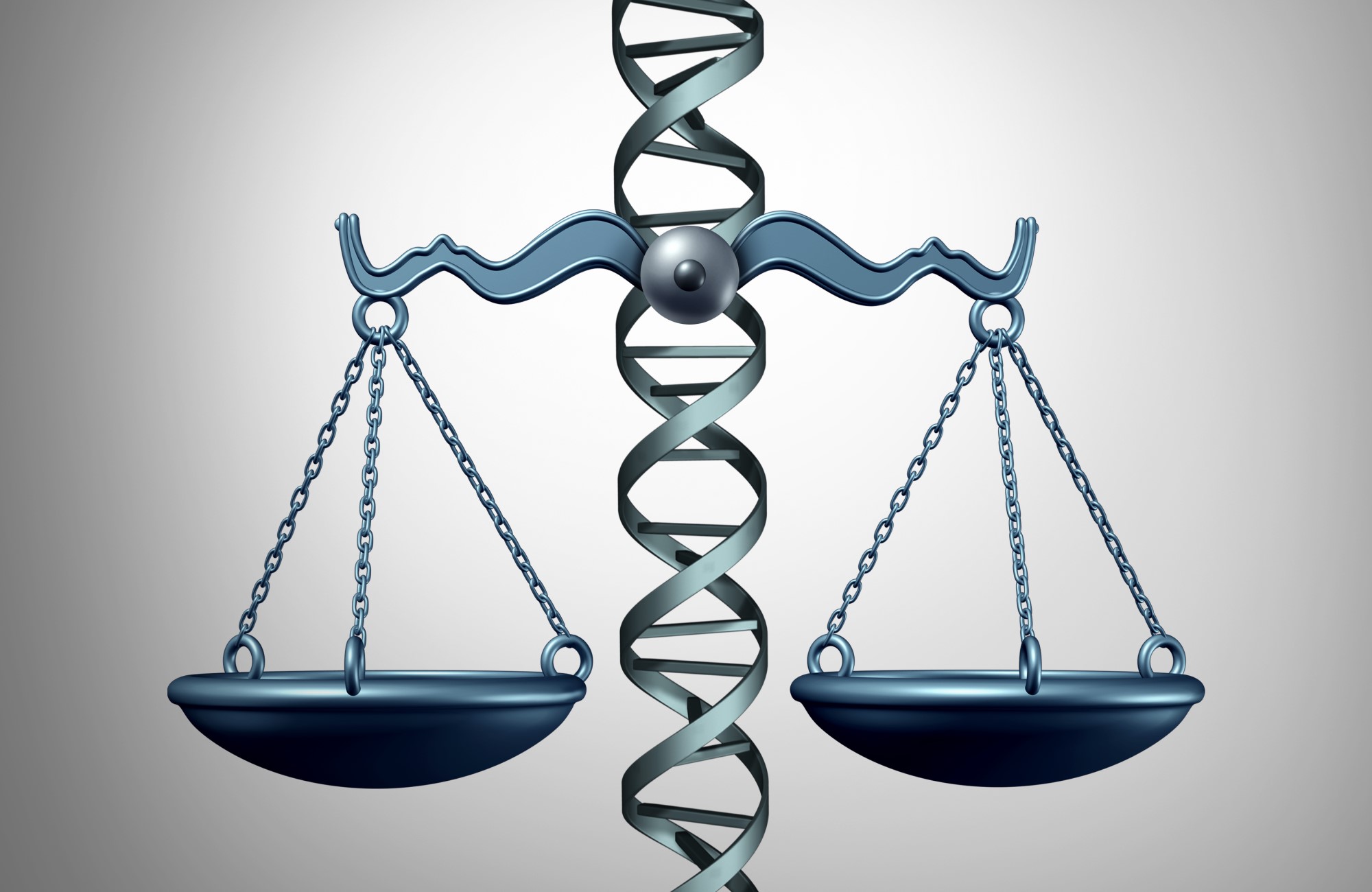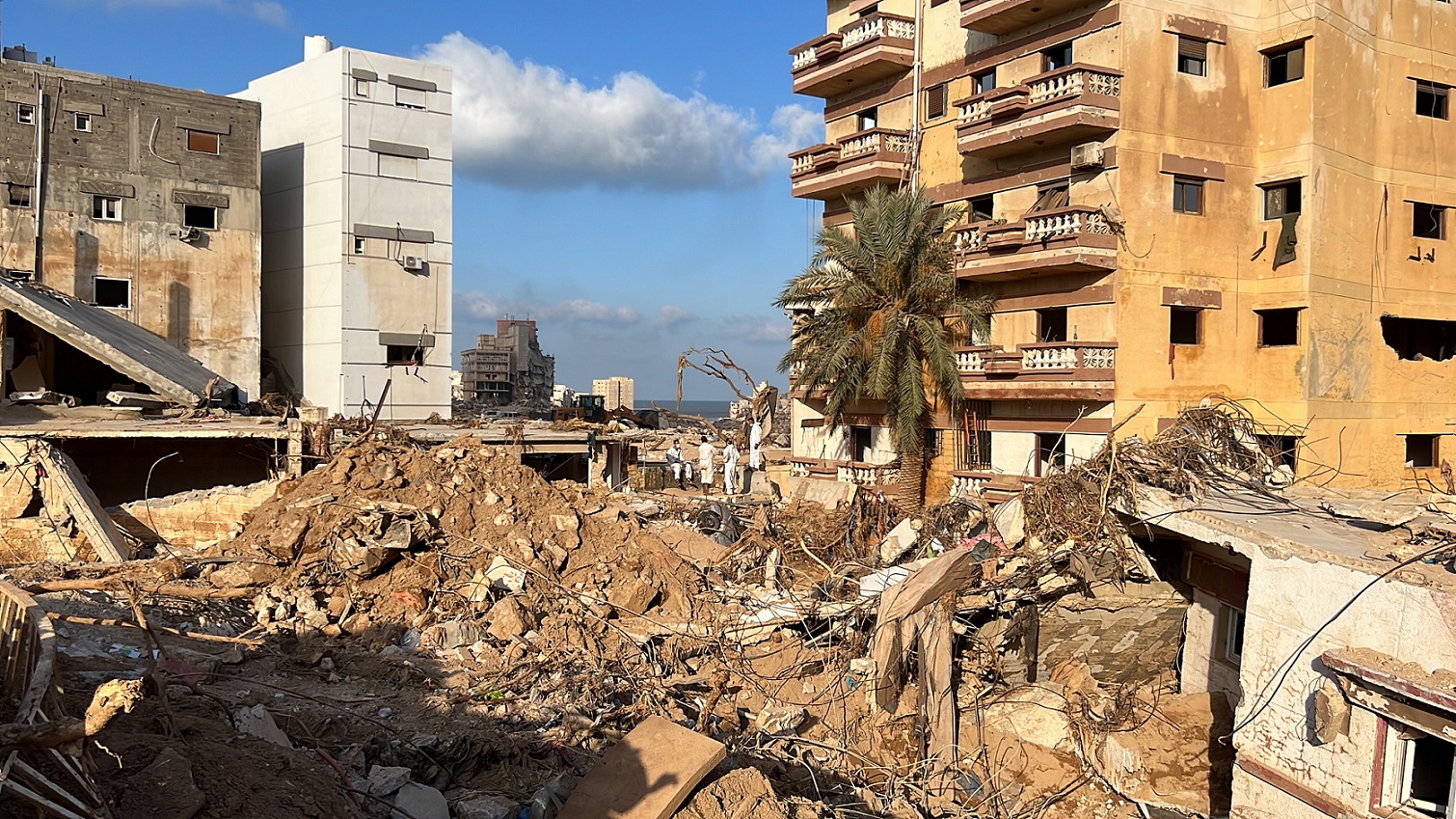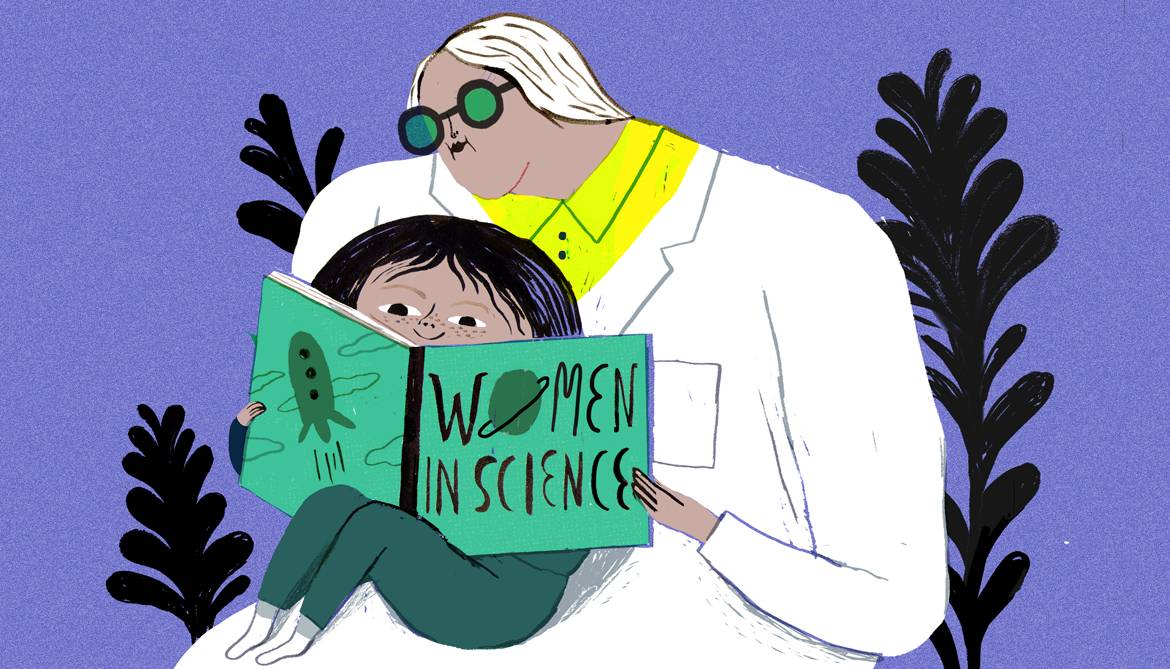A guide to finding scientific sources in Ibero-America
The Ibero-American Day of Science takes place on 28 November; it was launched last year during a meeting of science ministers within the framework of the Ibero-American Summit. On this occasion, we have compiled below several guides and databases maintained by universities, research centres and other science organisations that aim to help journalists in search of expert sources. Of course, this list is not comprehensive; if you have suggestions for other guides and sources—whether from Spain, Portugal or Latin America—that we could add, please don't hesitate to contact us so that we can continue to expand this resource.









